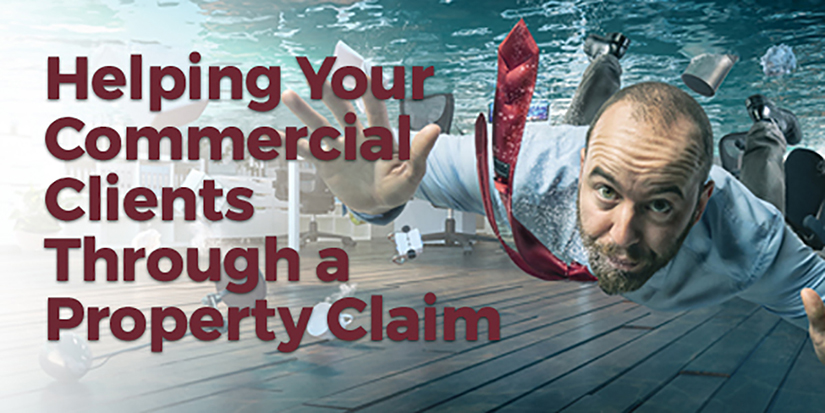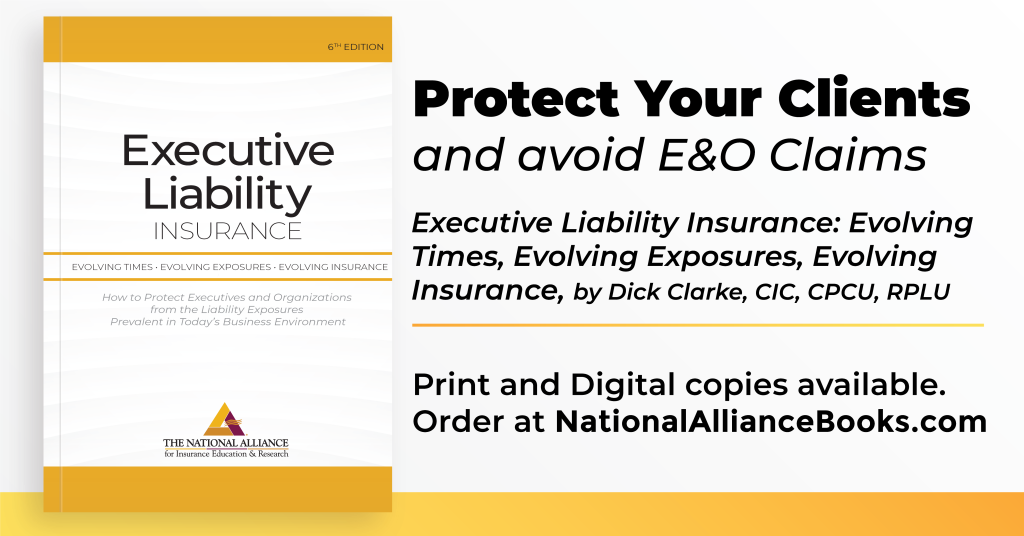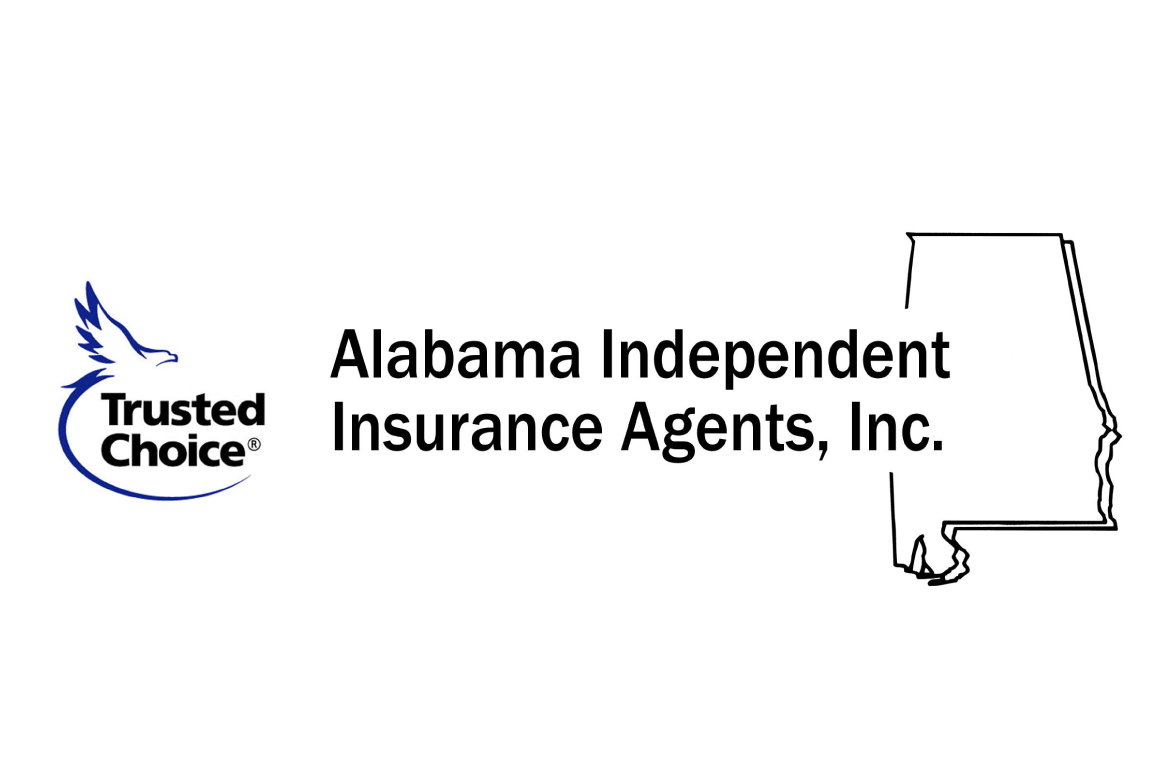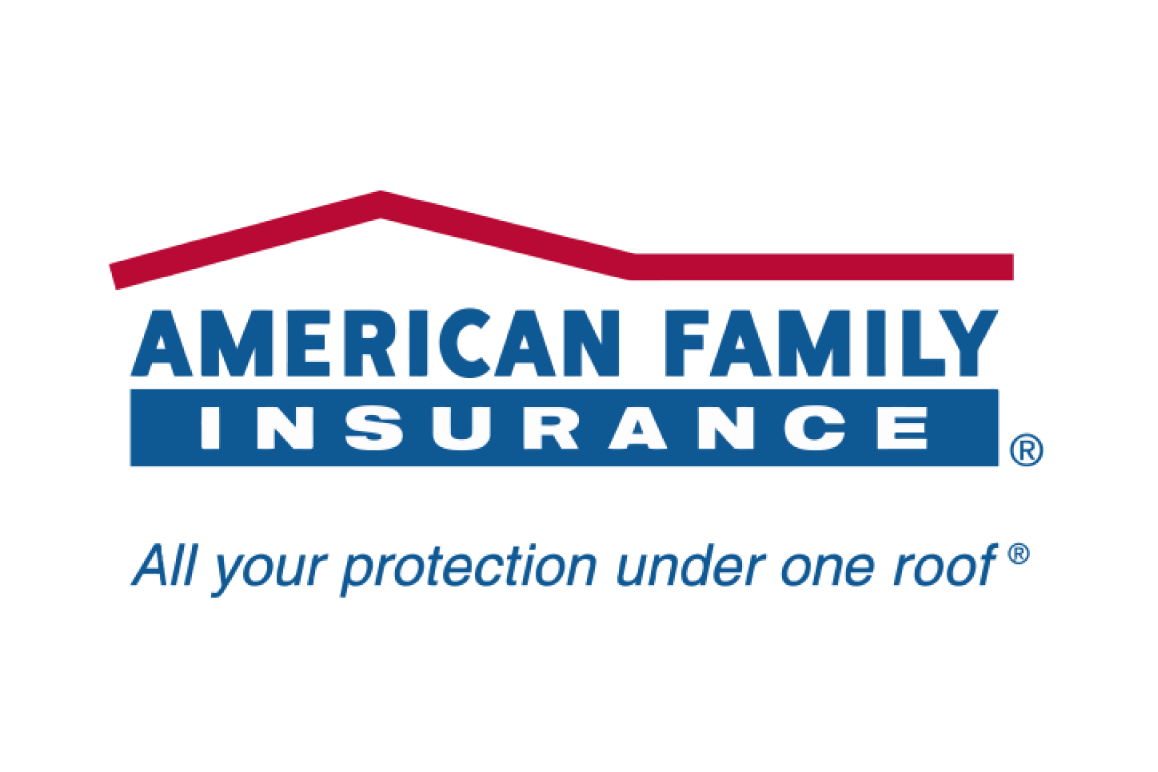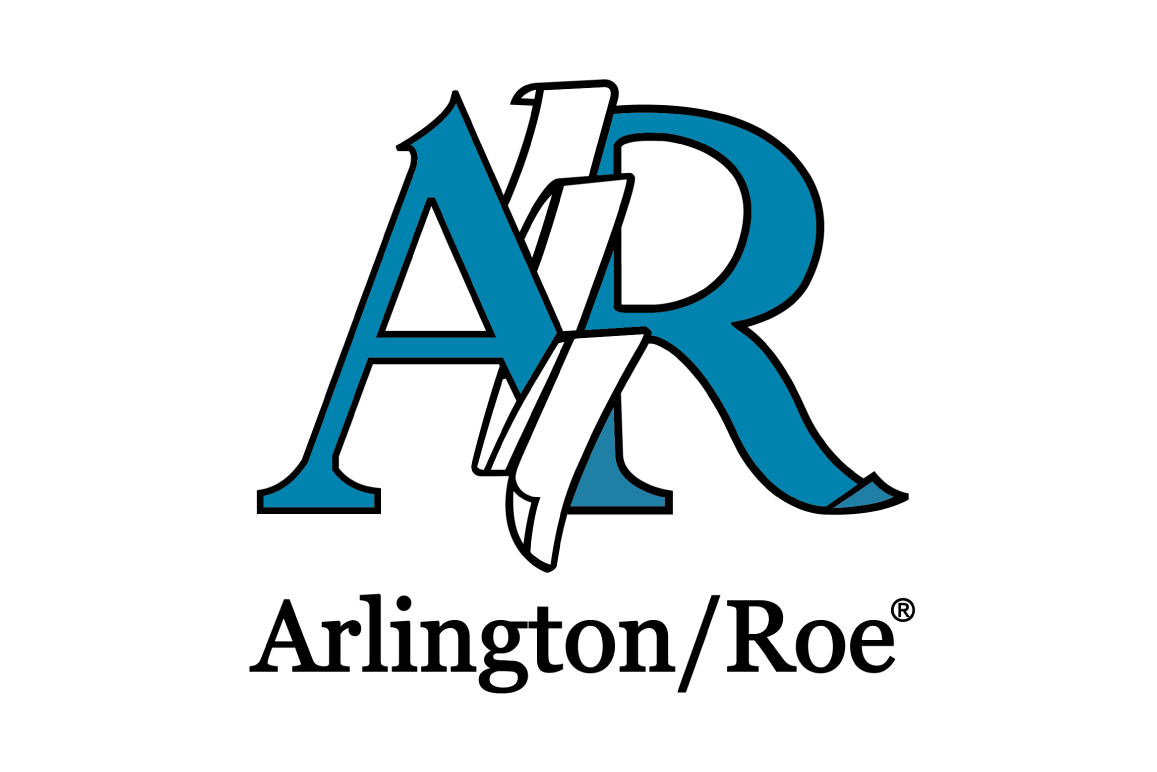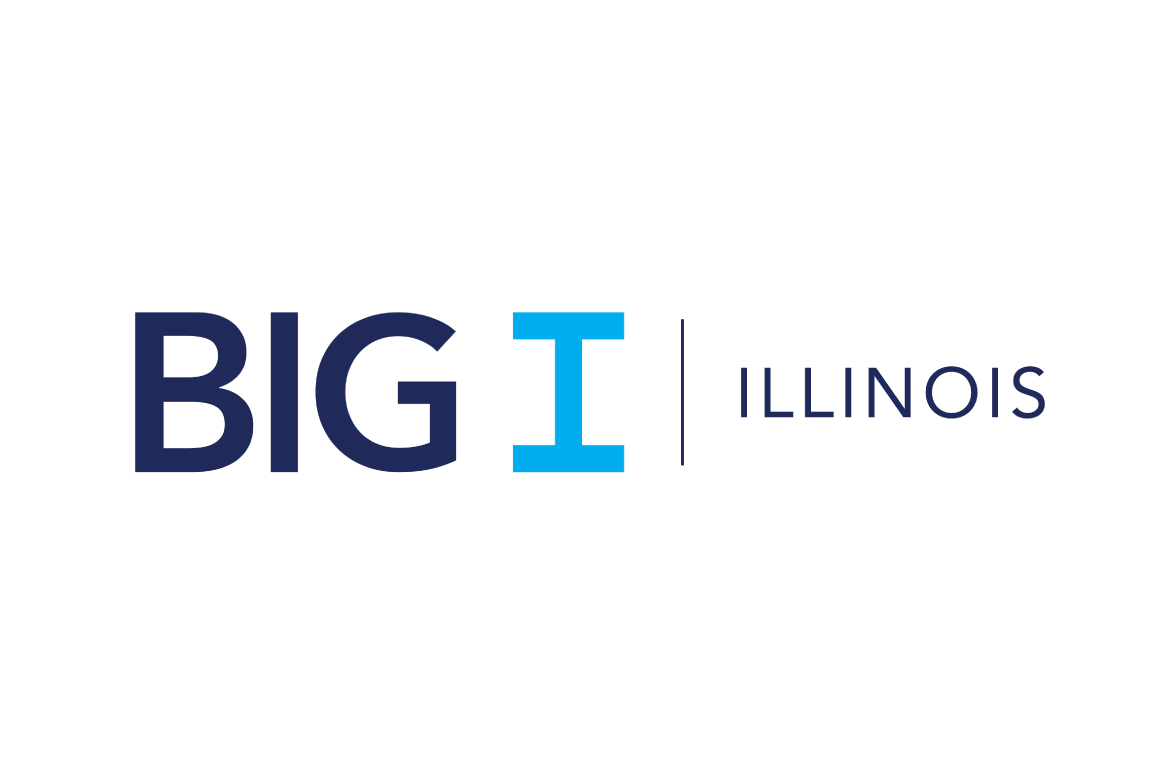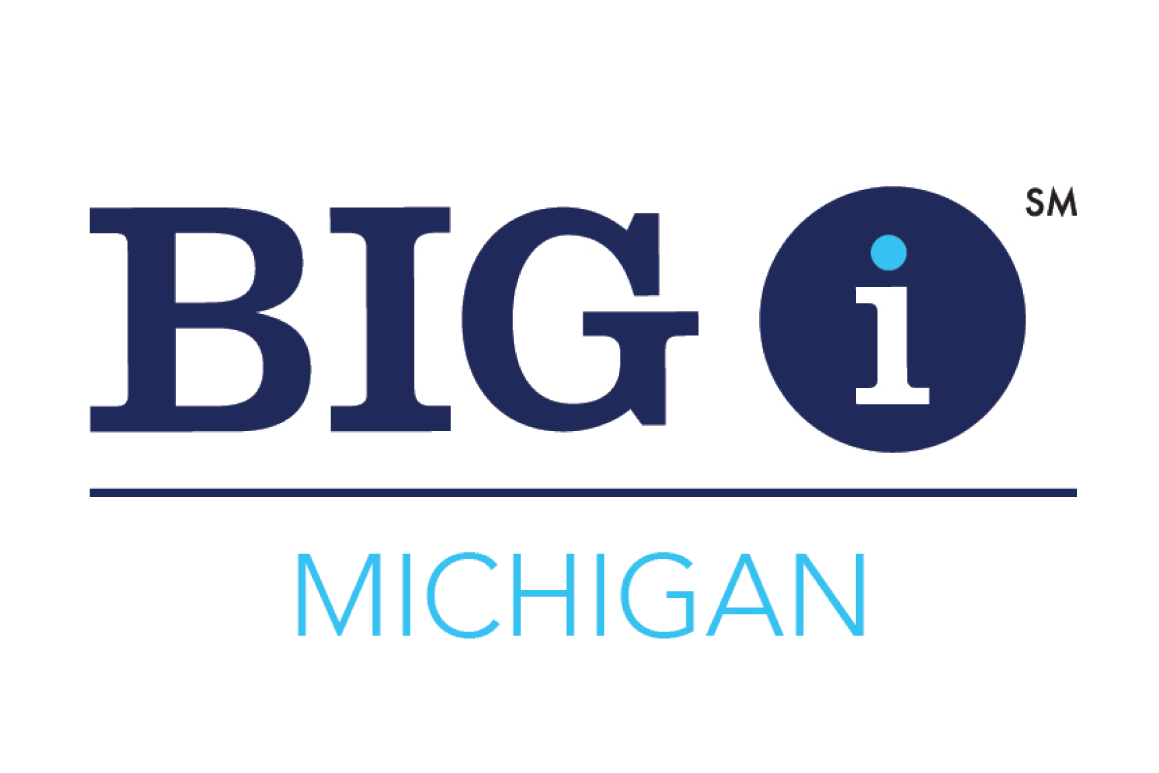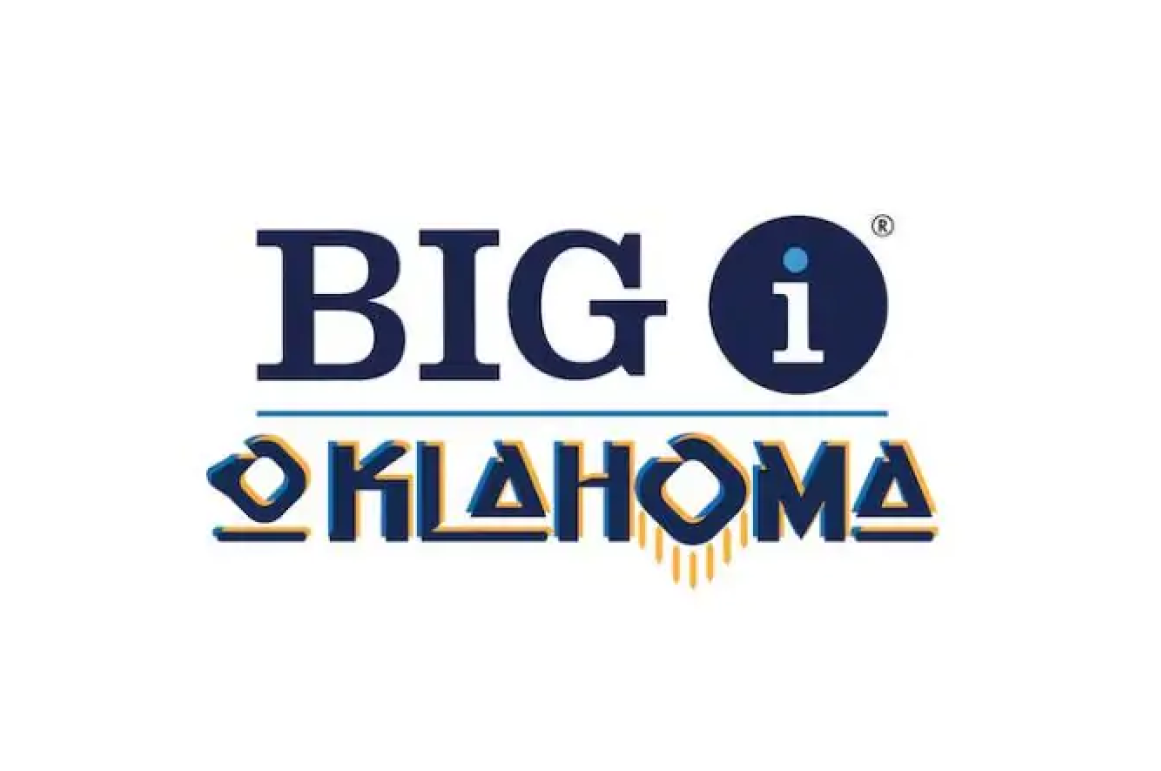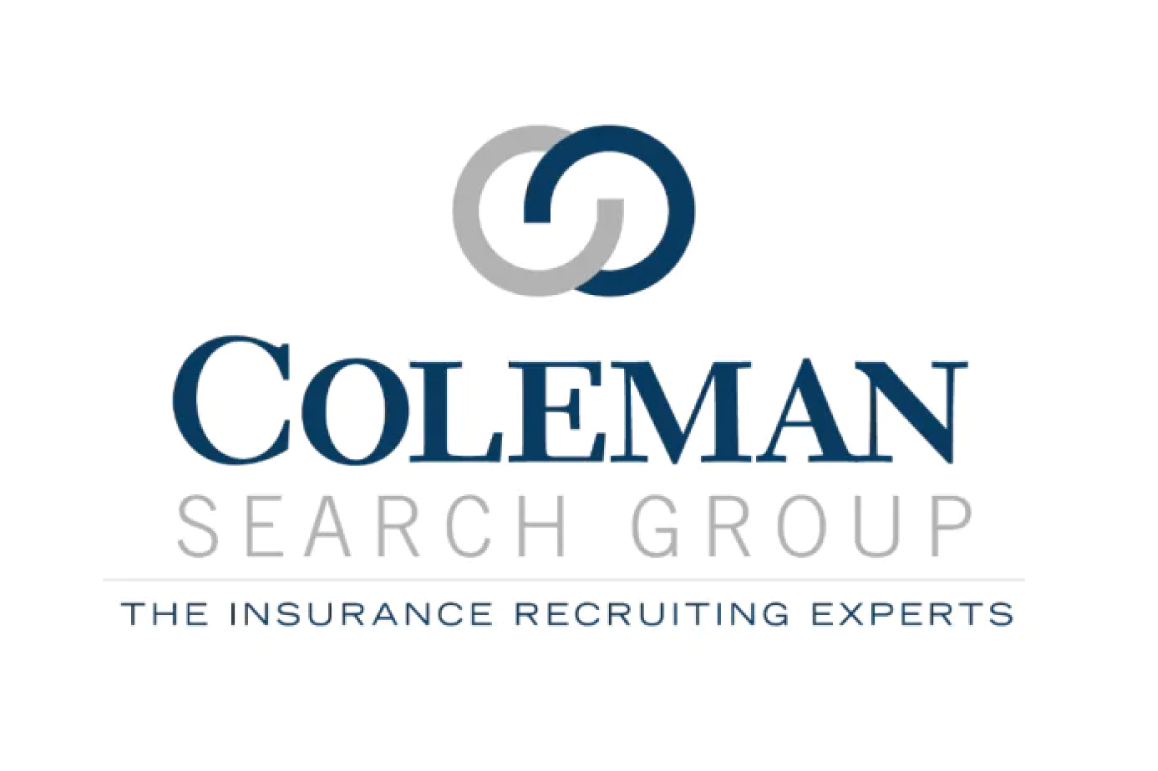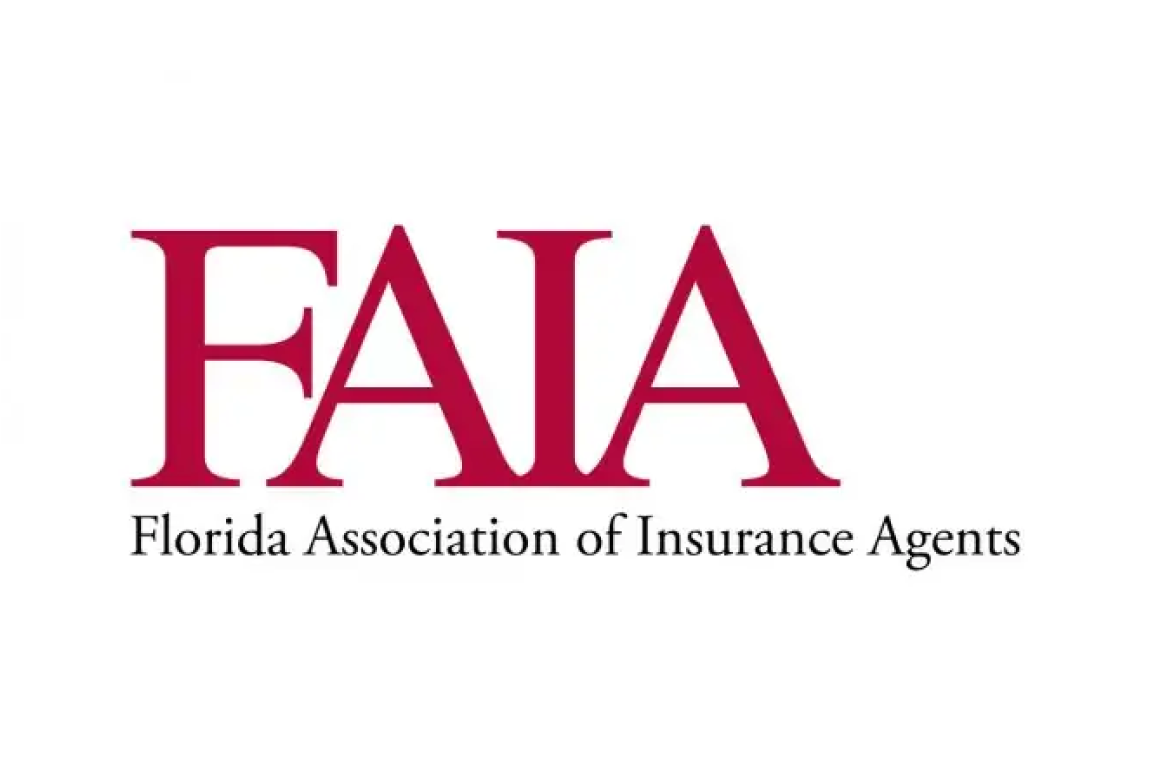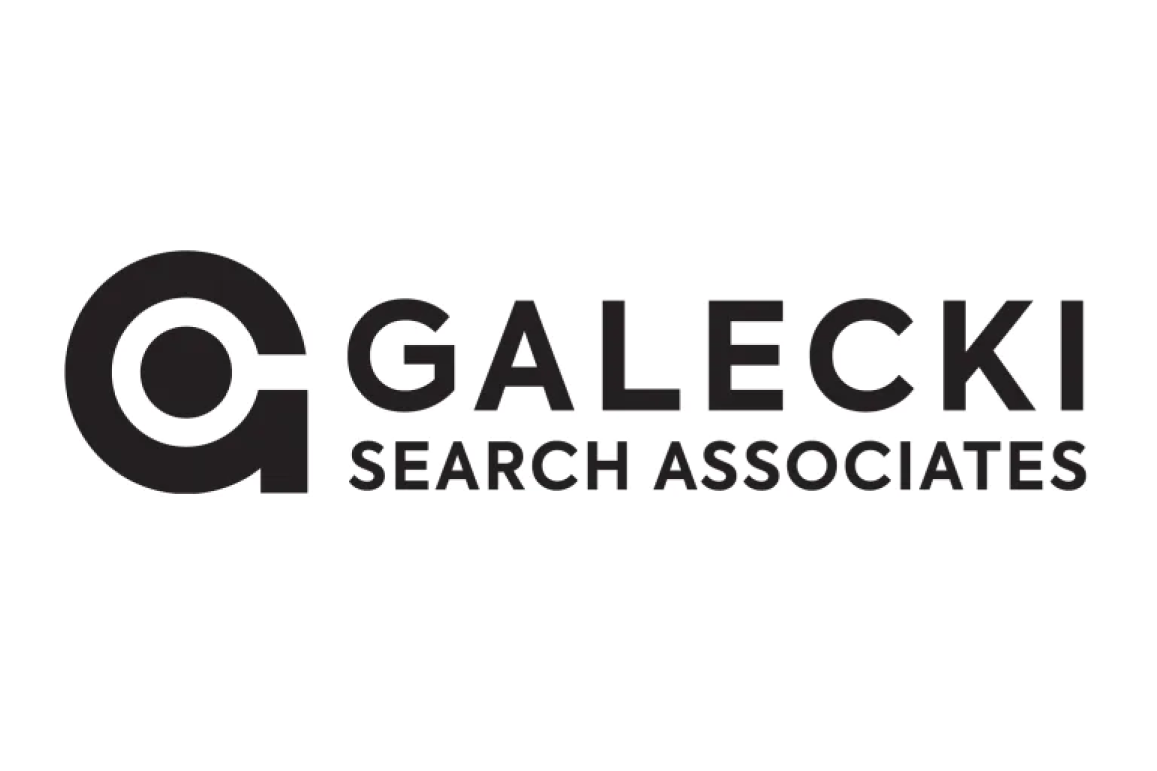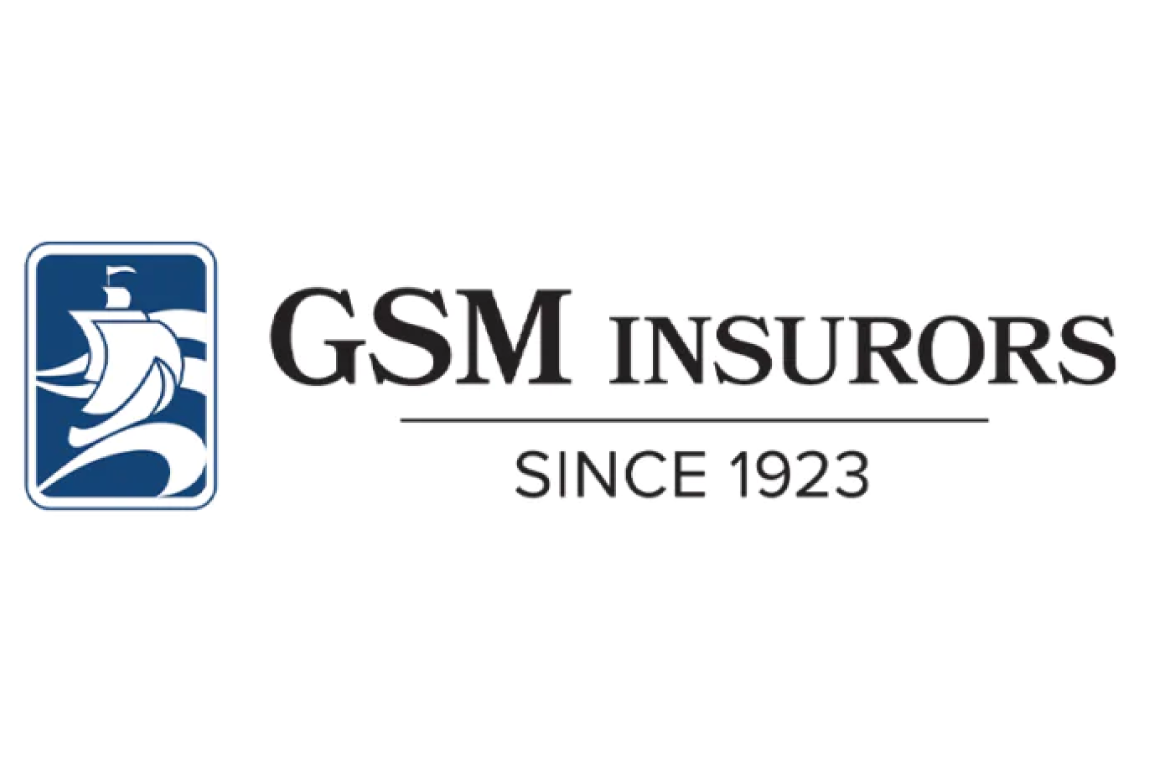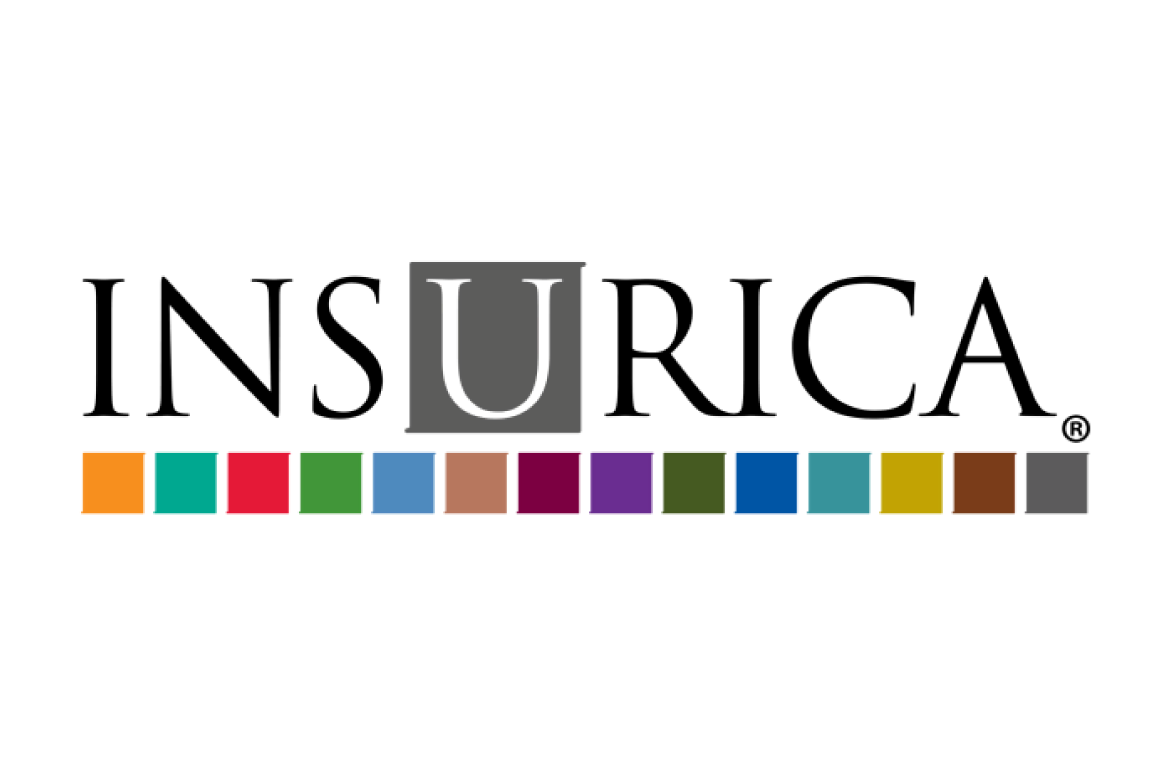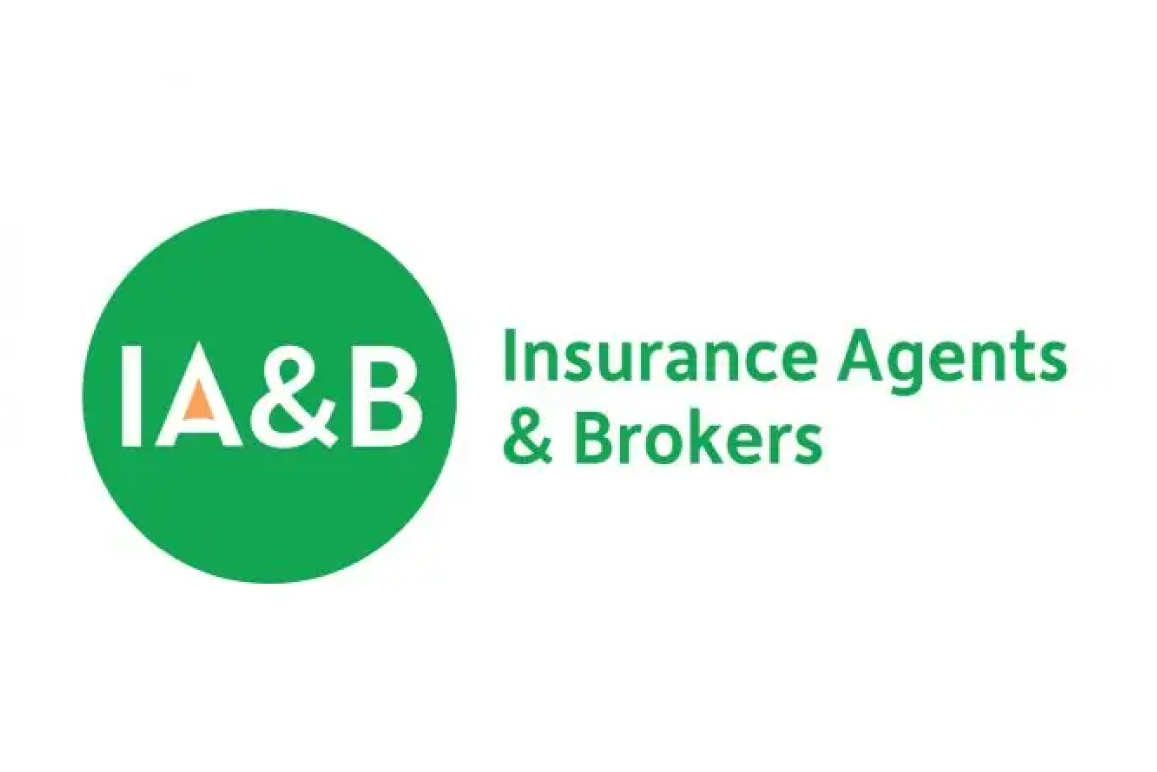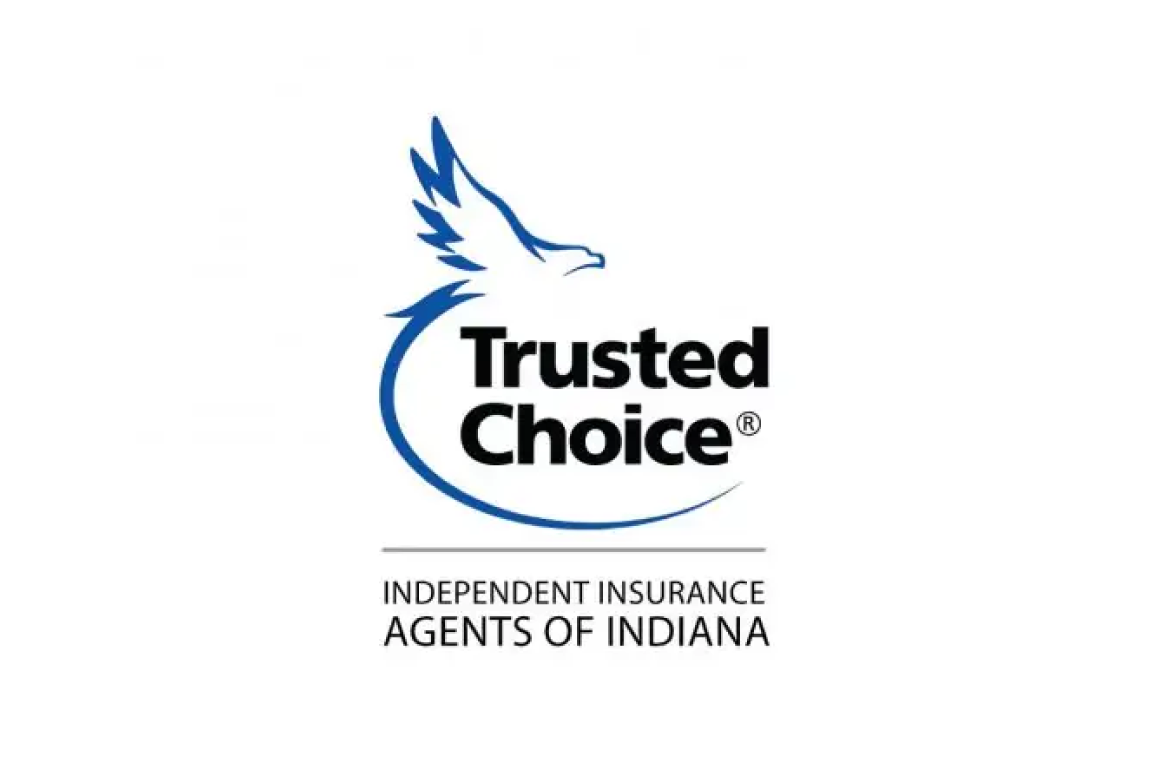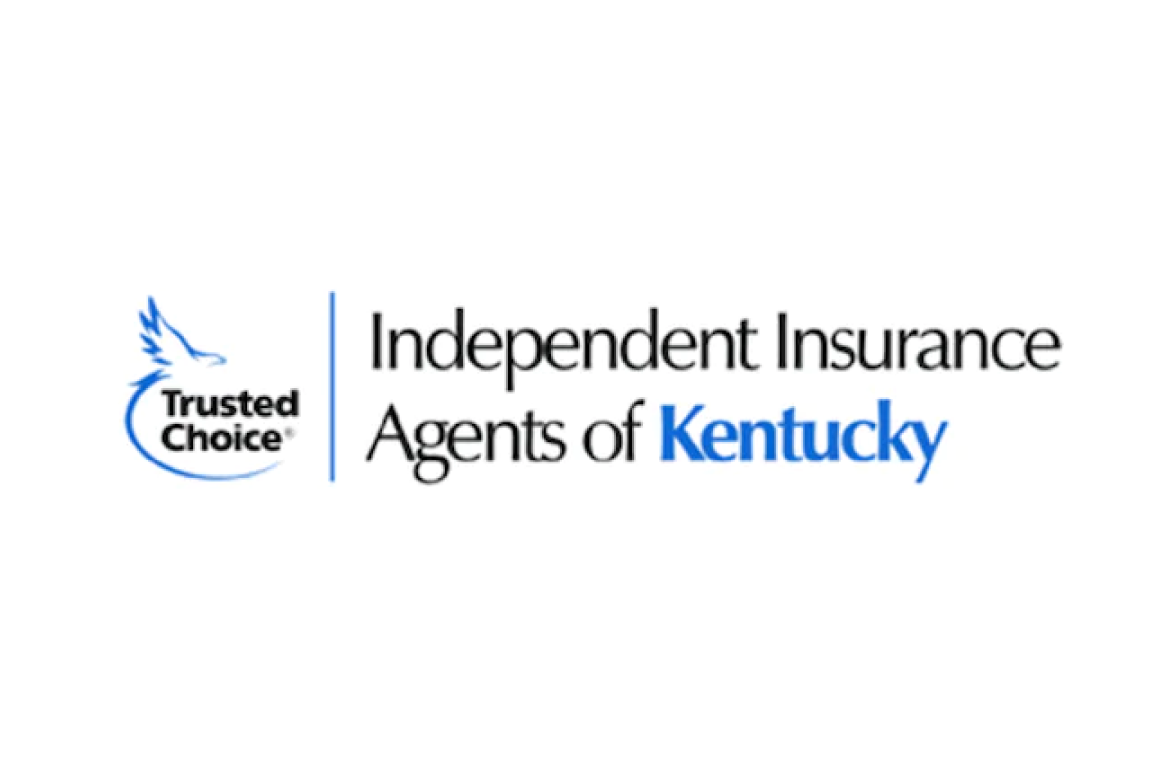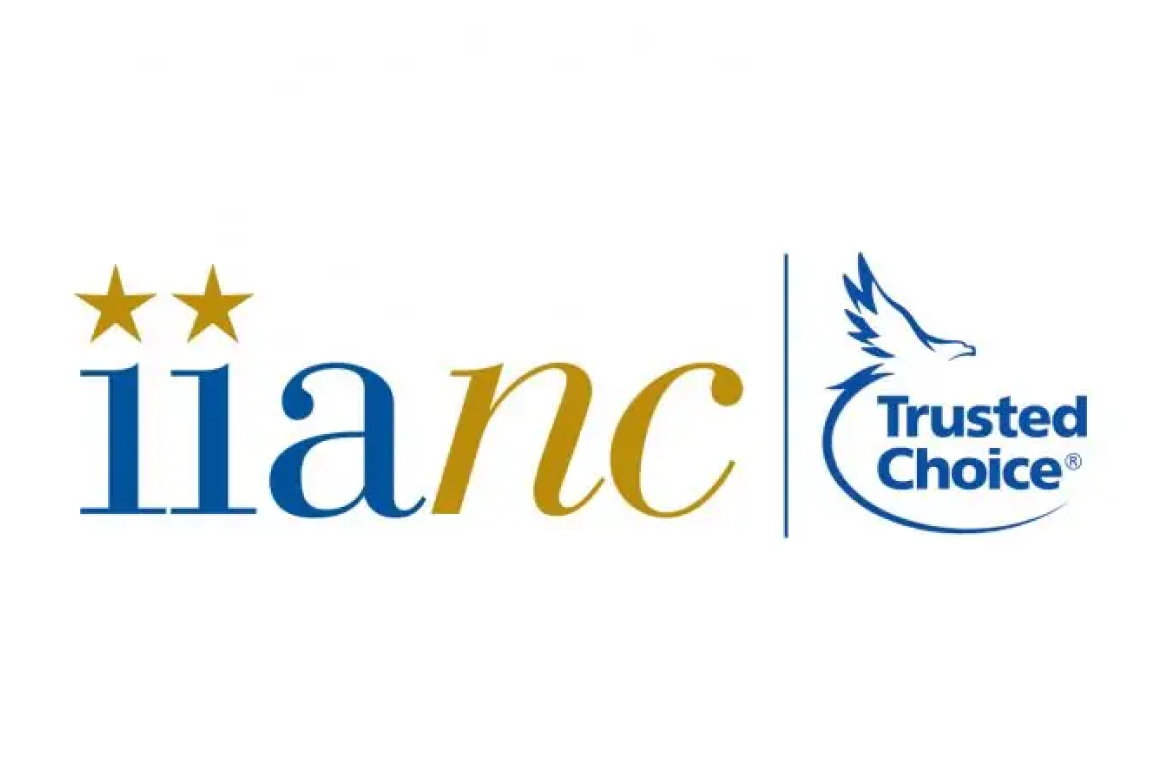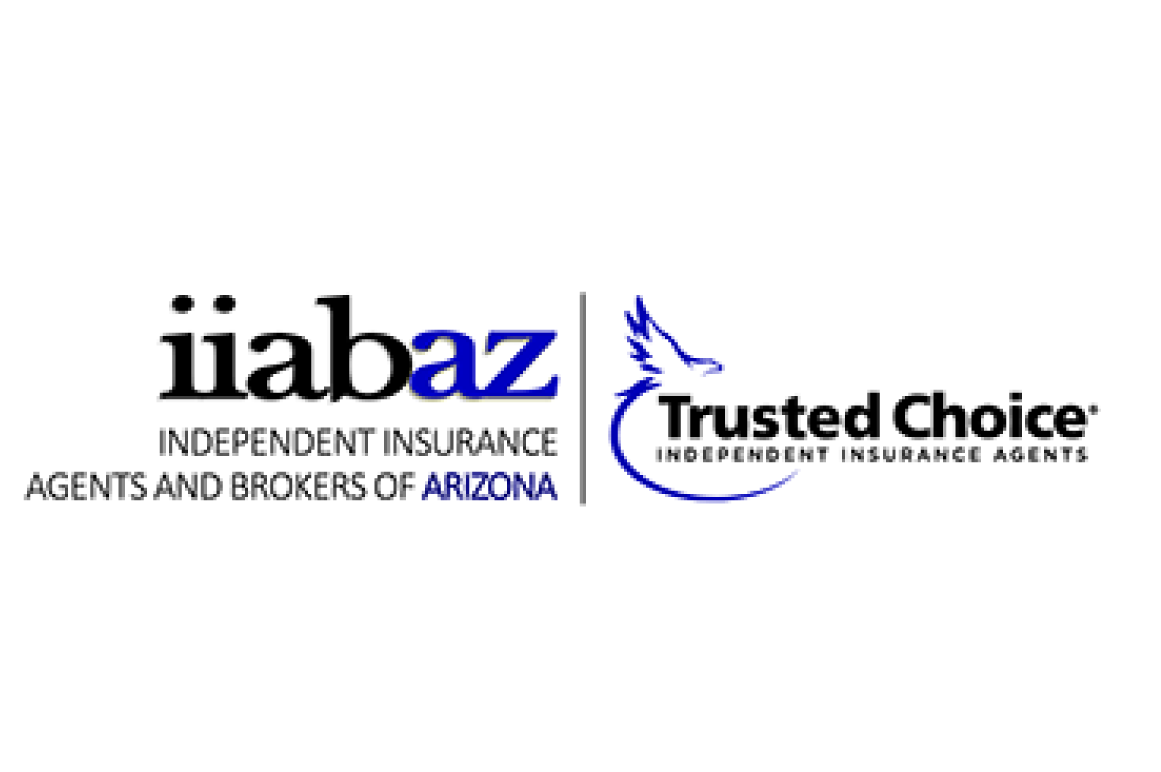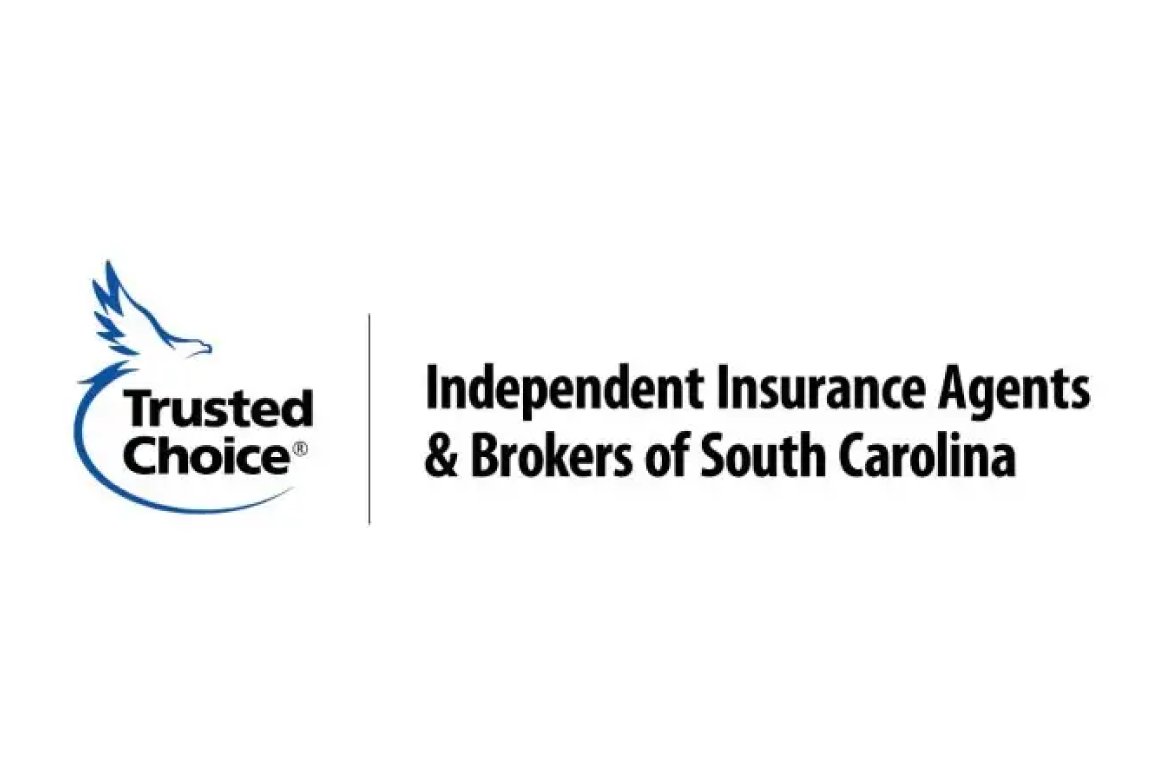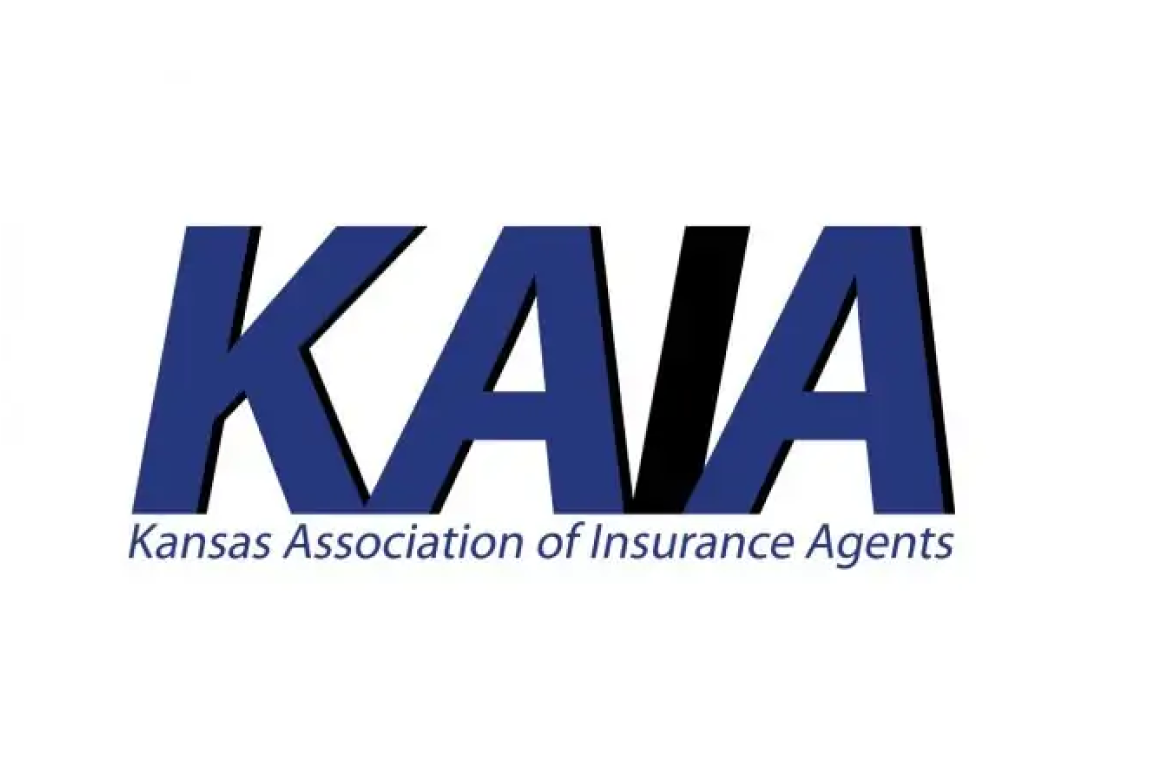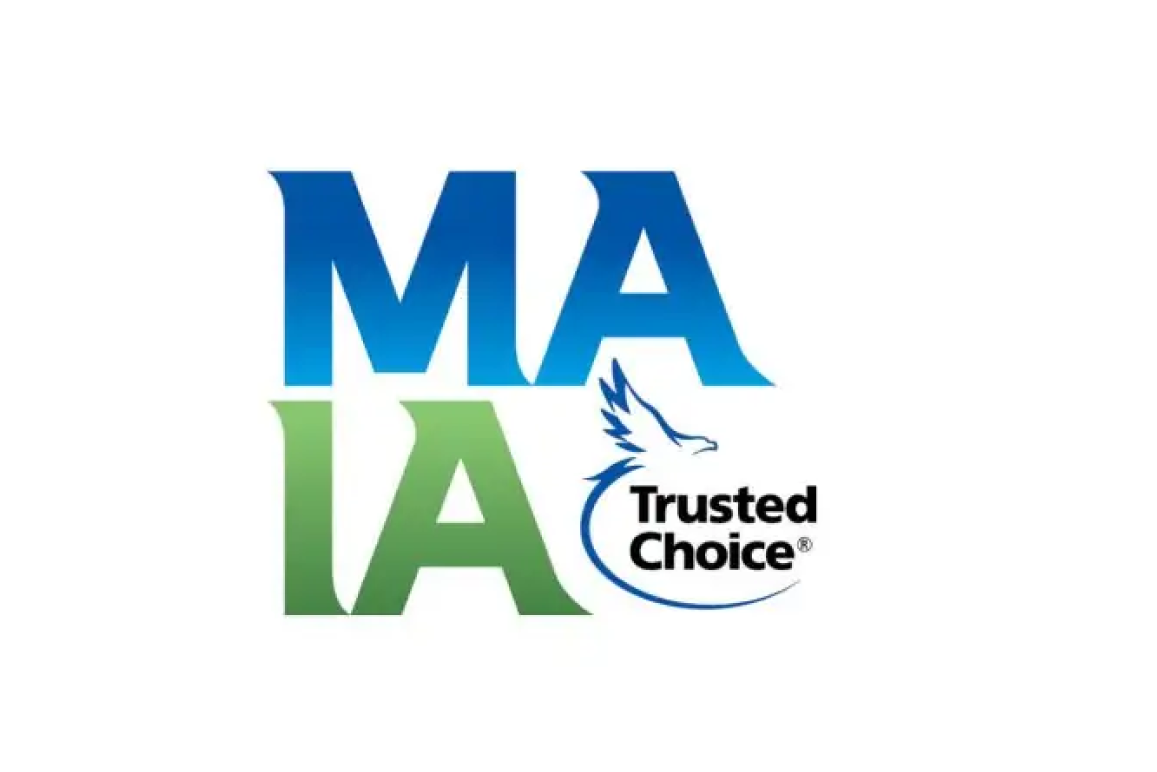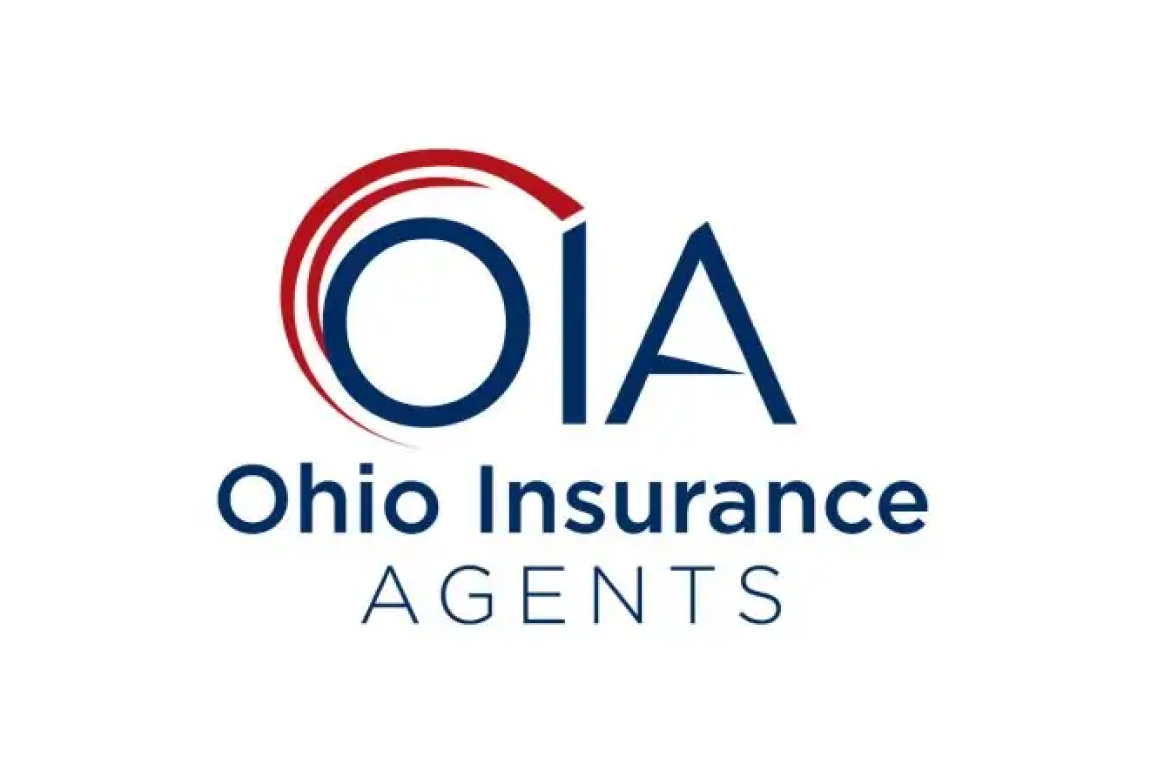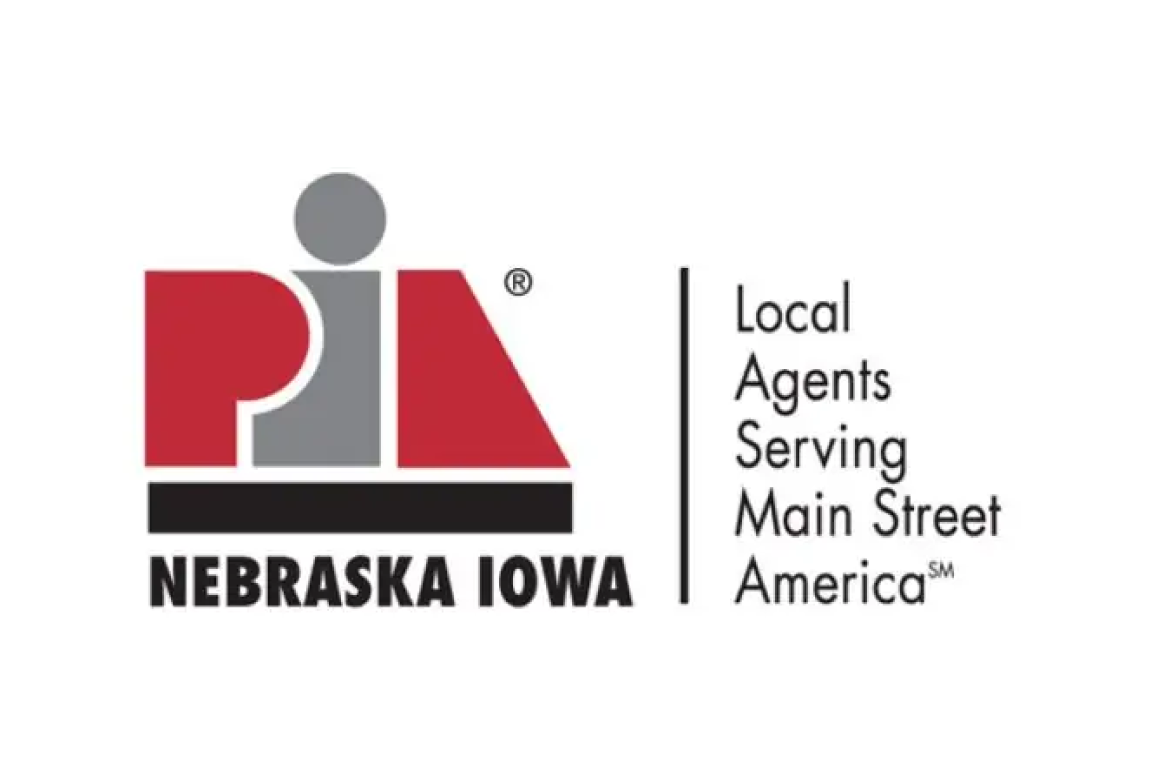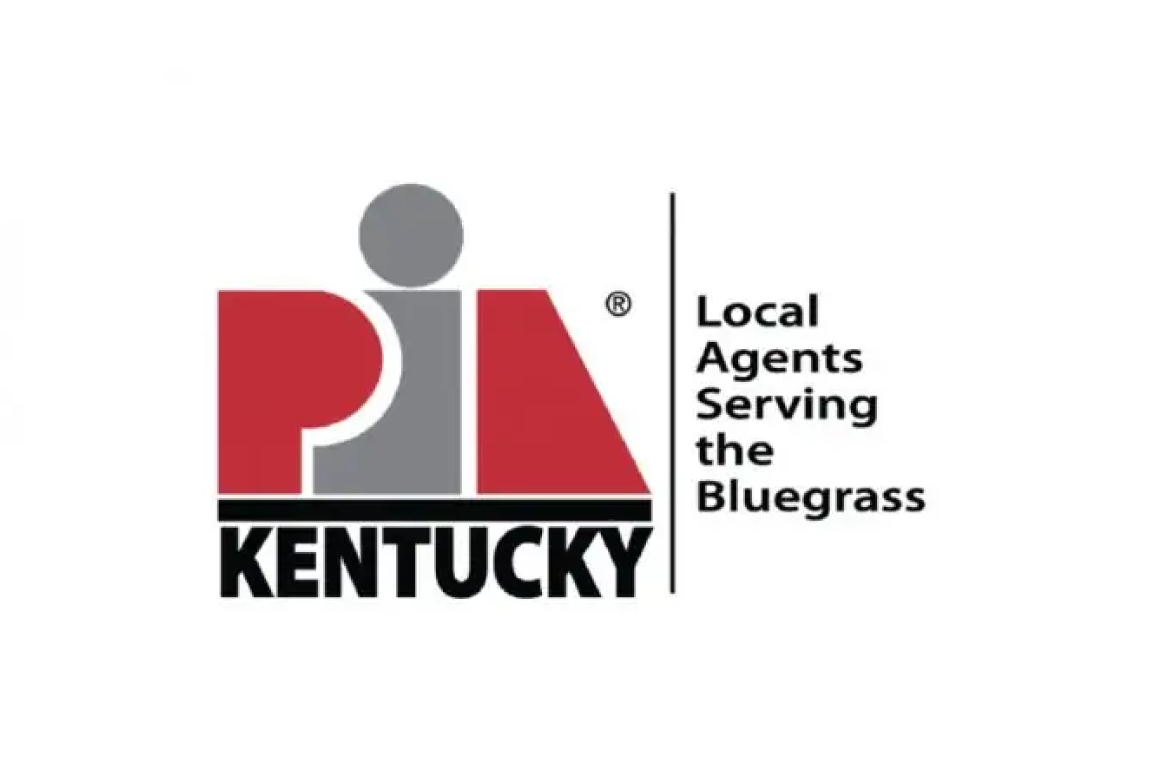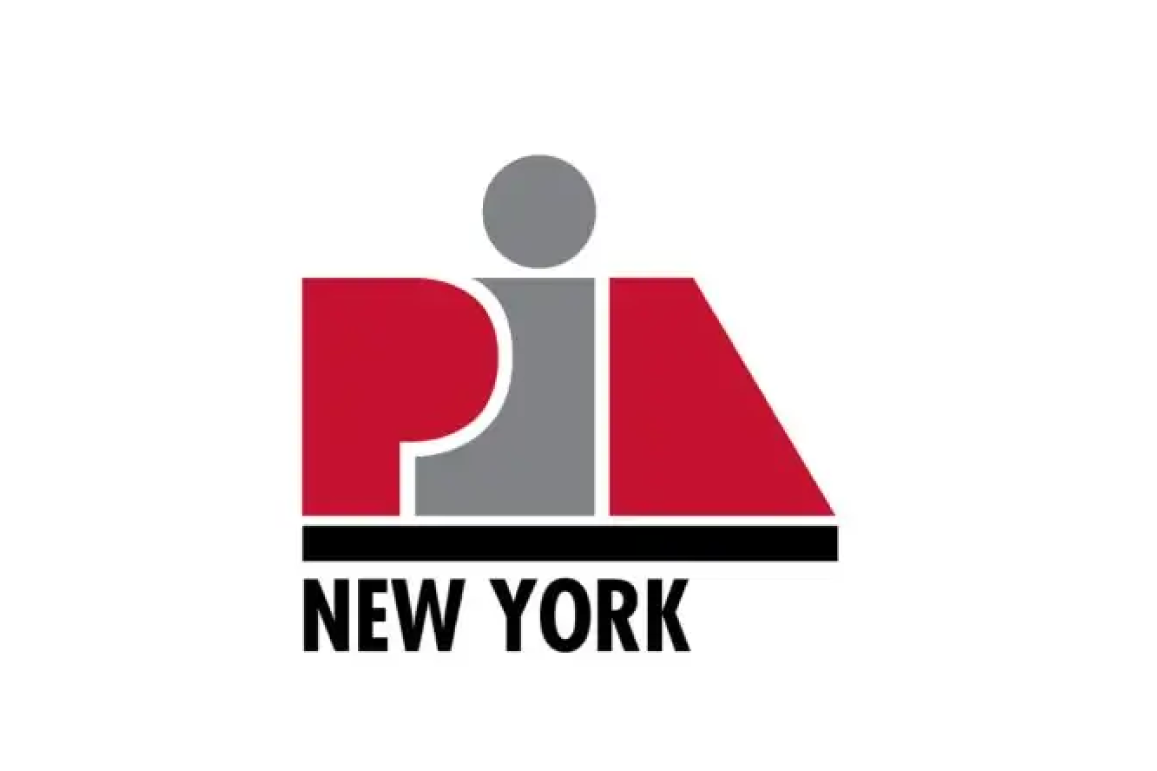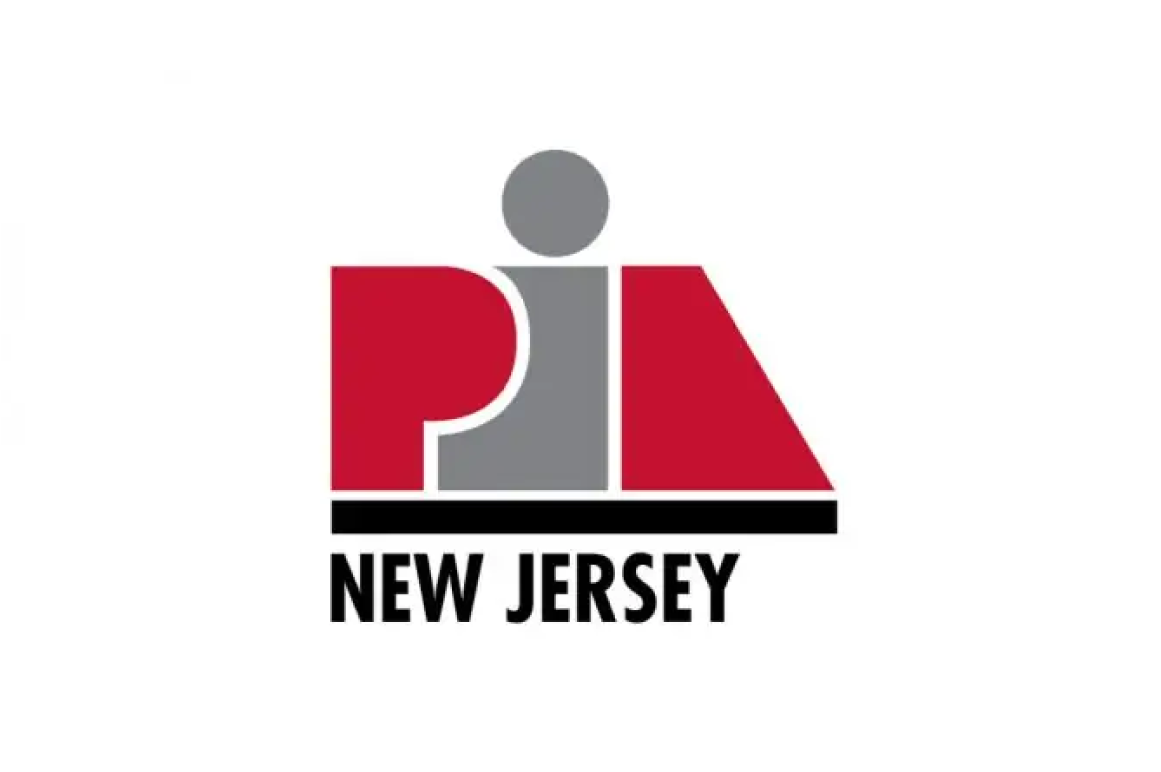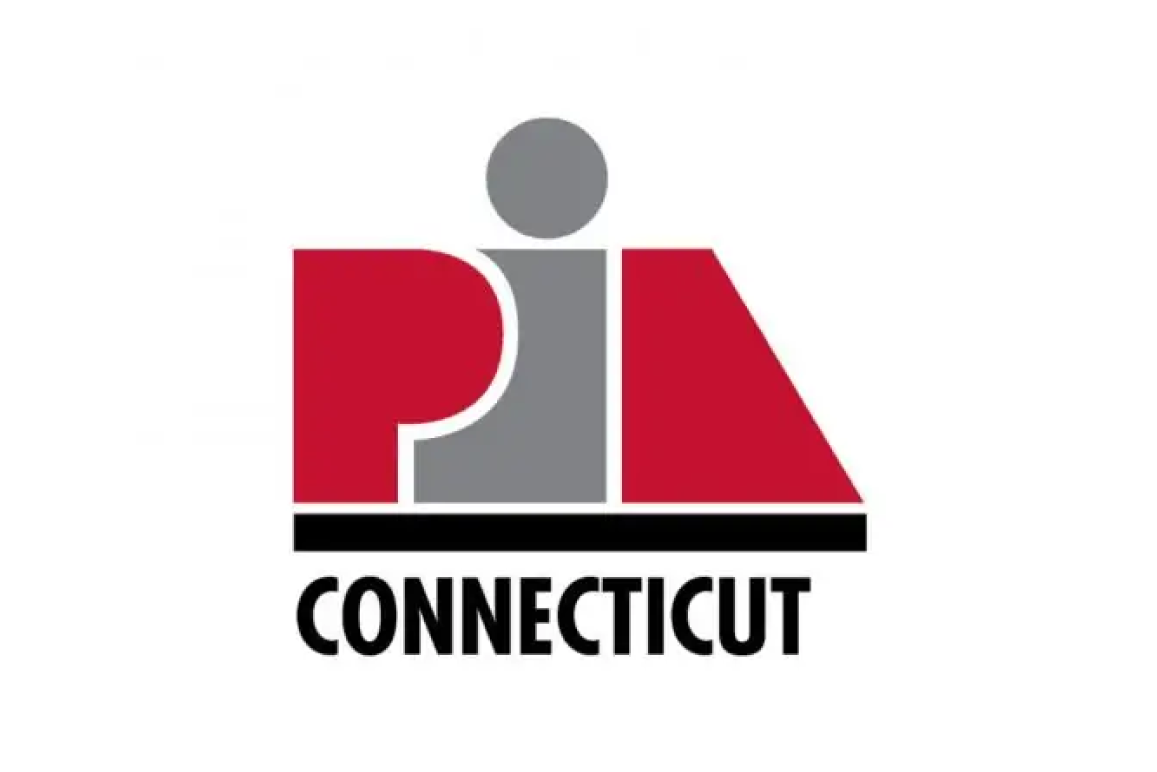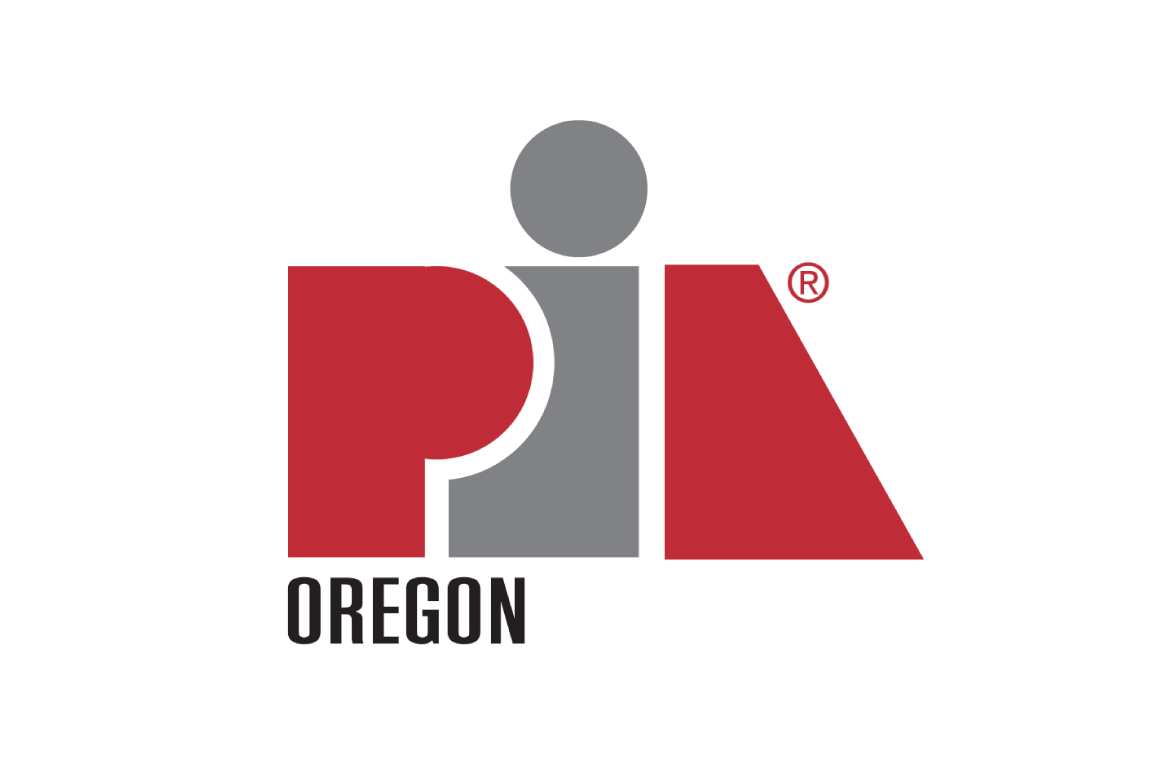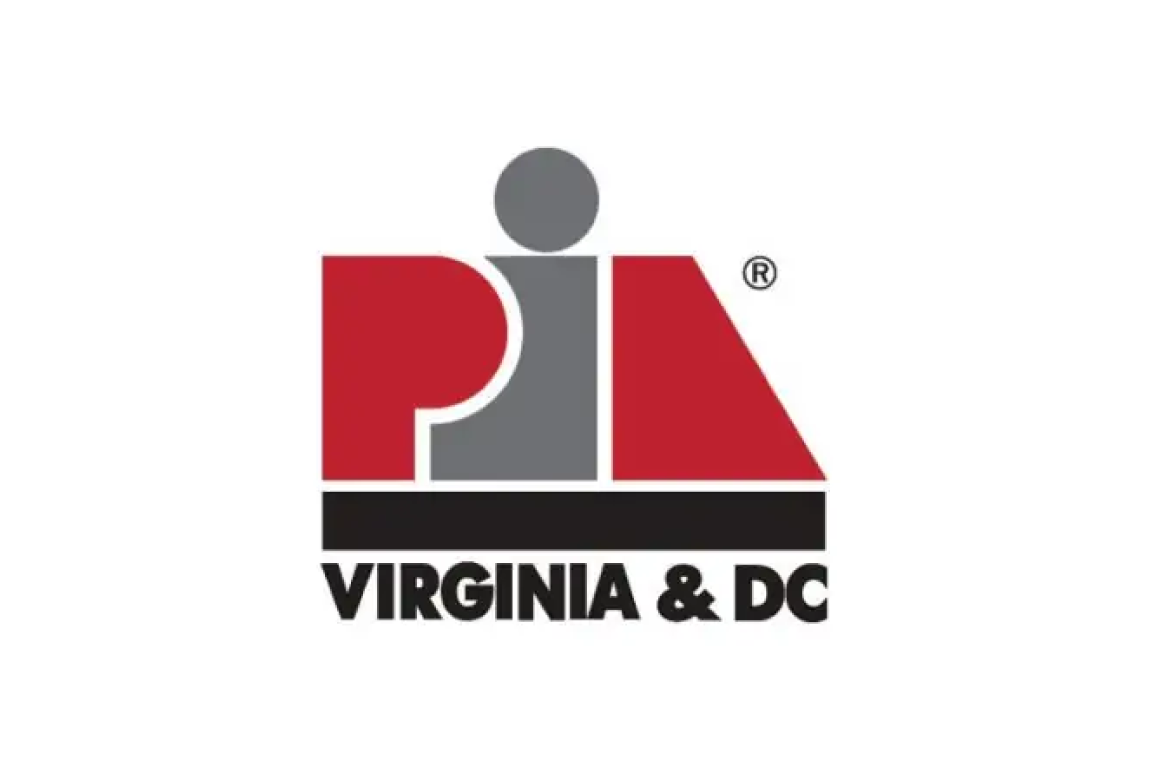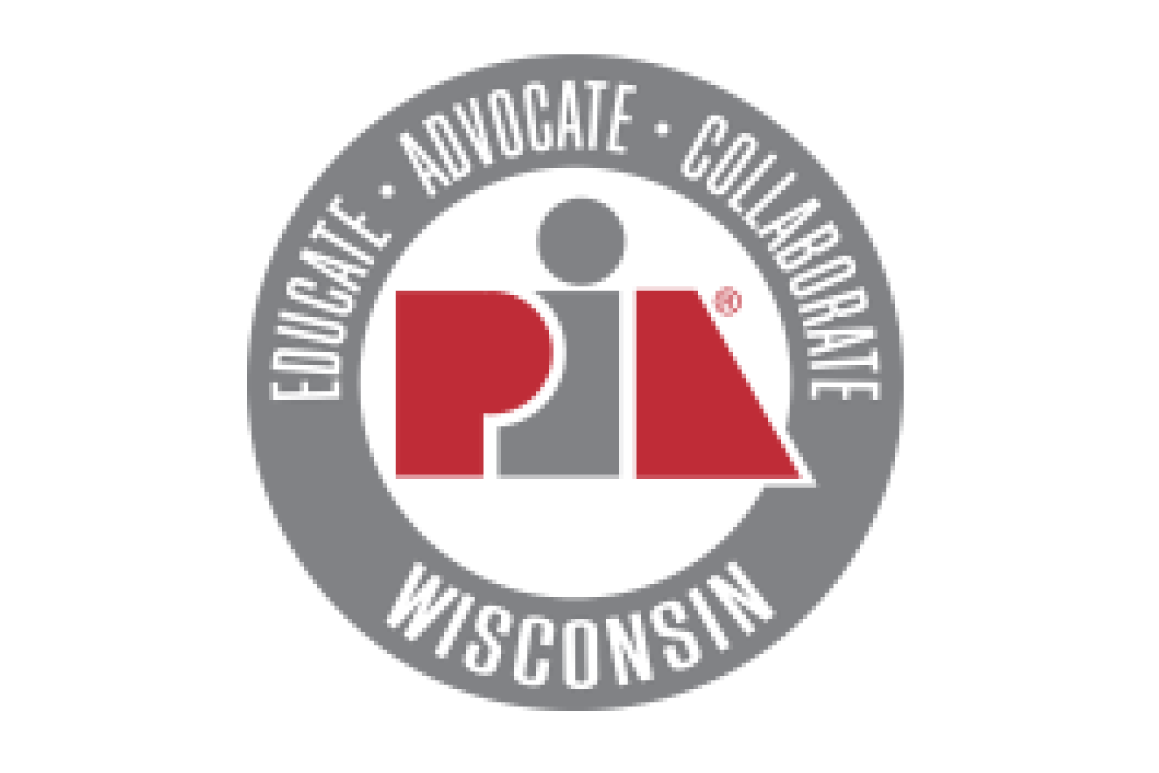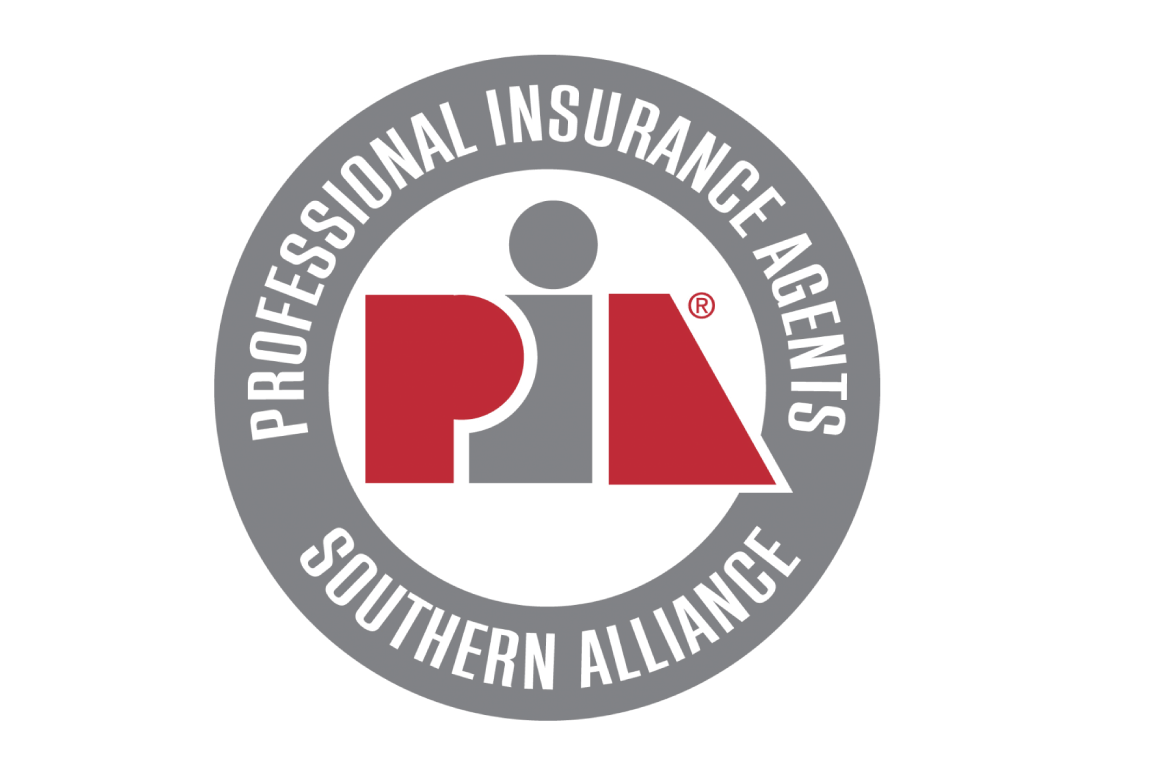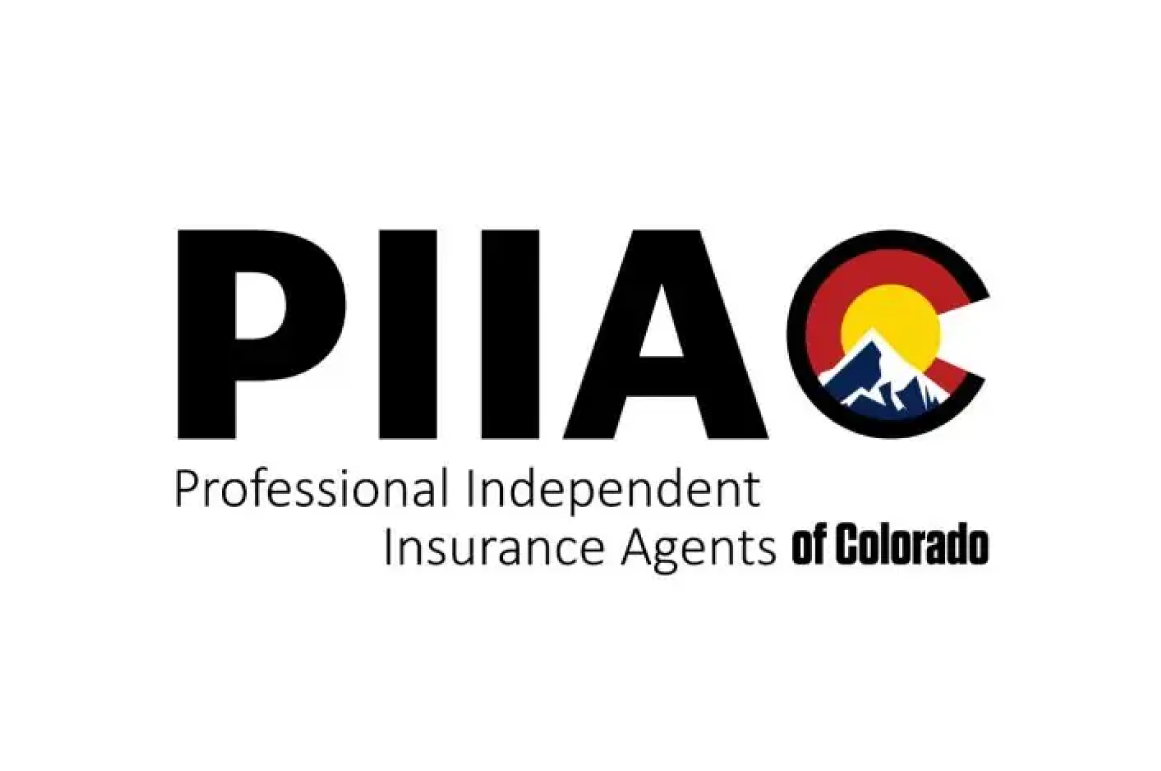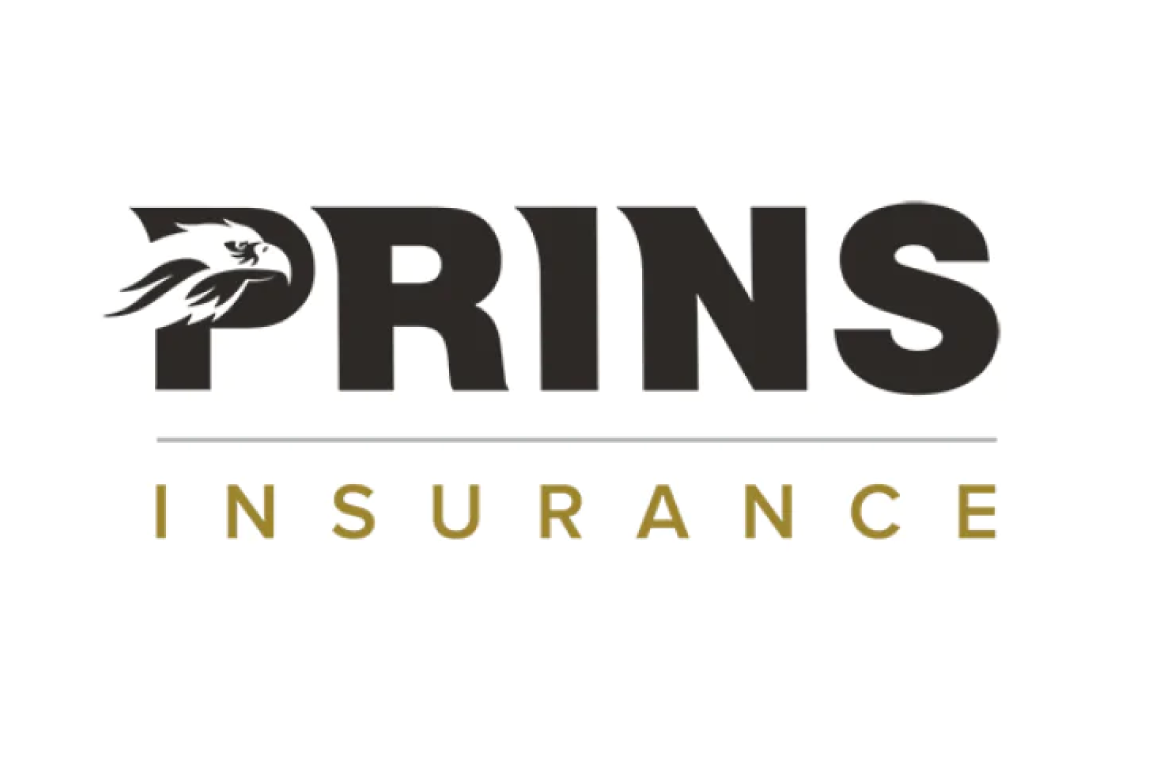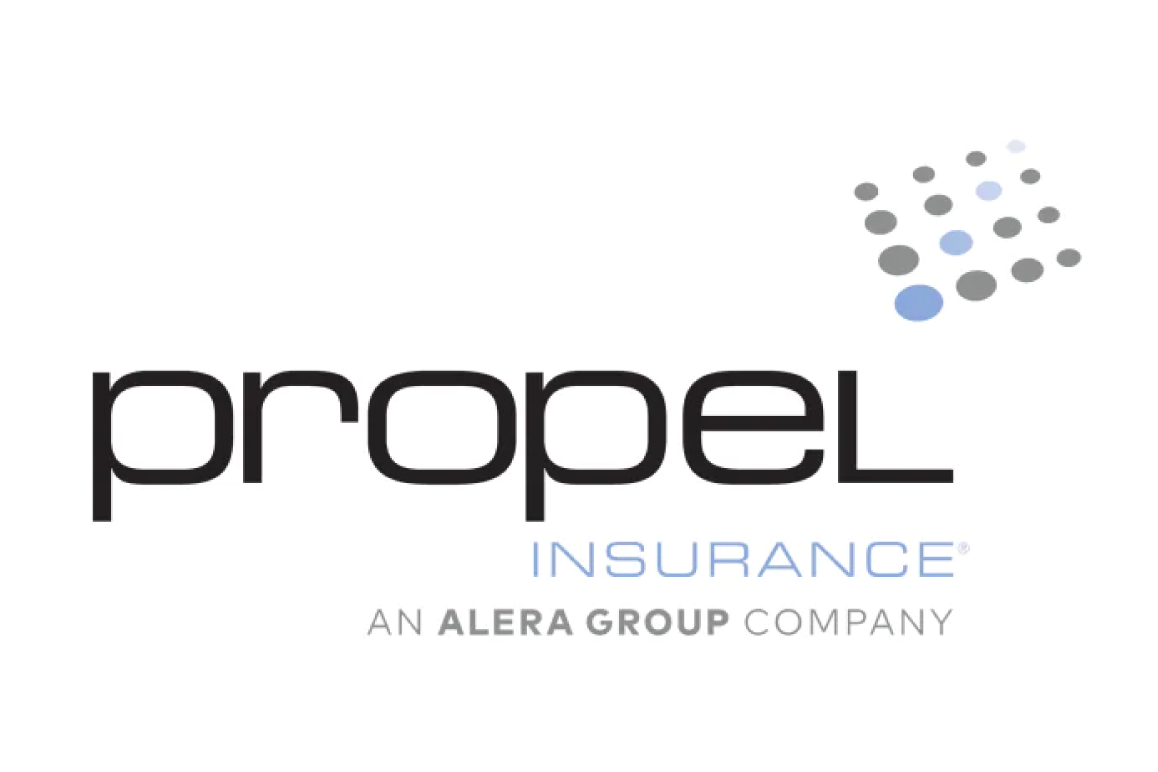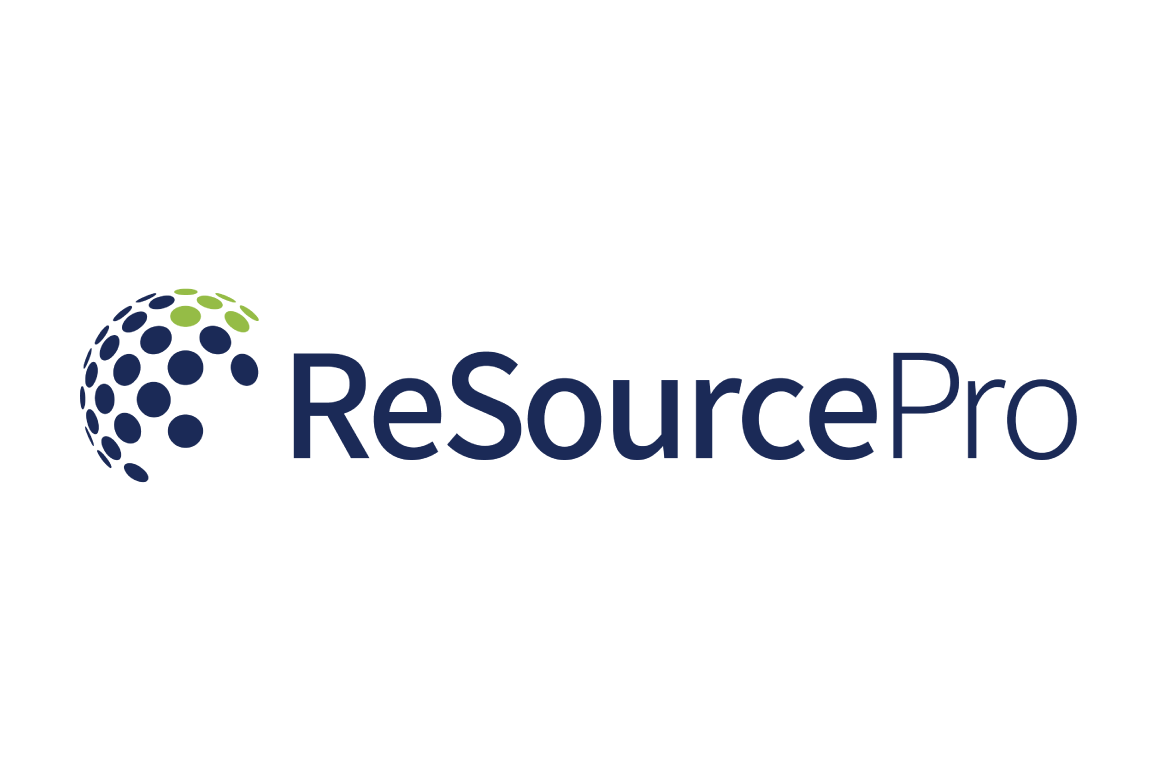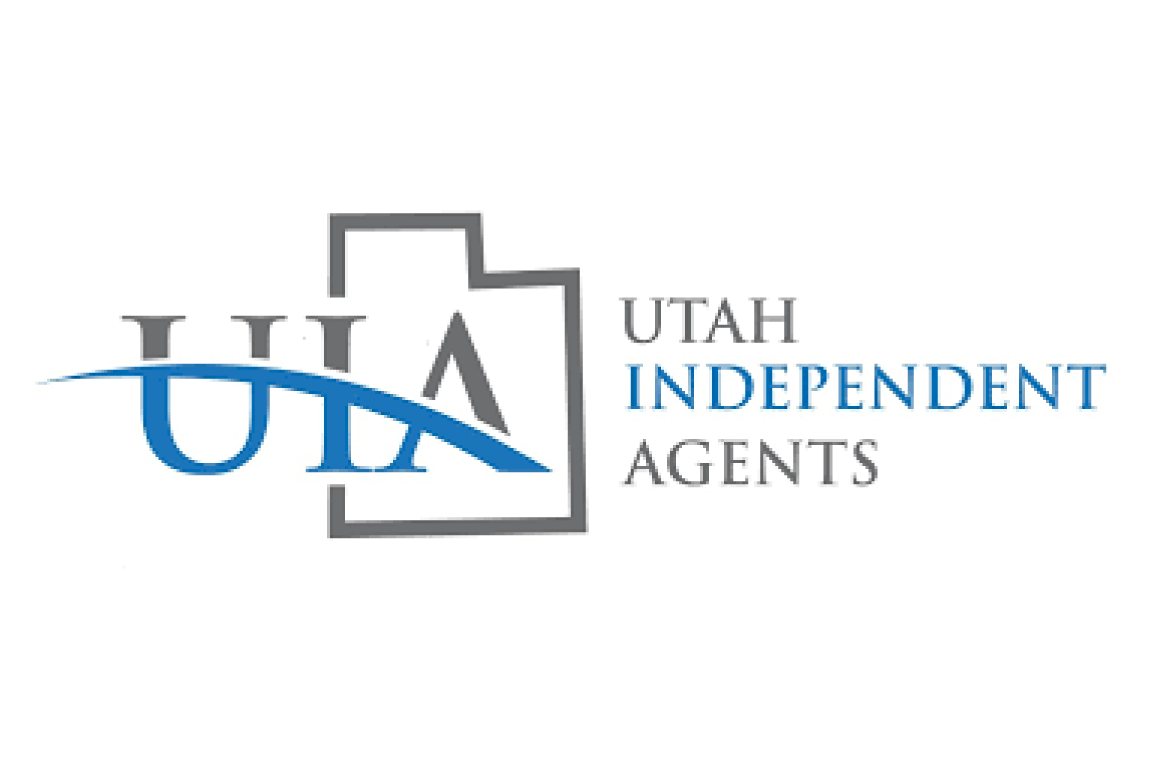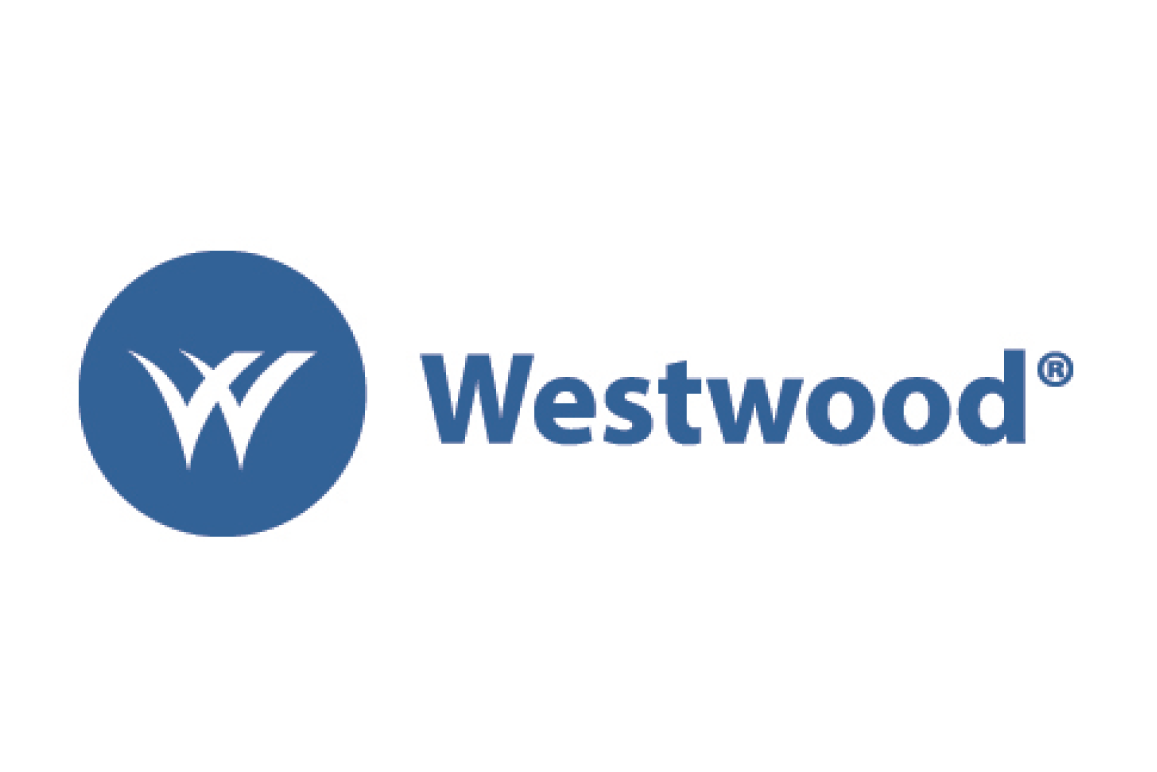Maintaining client relationships is critical for insurance brokers and agencies, especially given the fact that developing new commercial clients involves a significant time investment to understand the client’s business and risks and to implement solutions for risk transfer. Once insurance coverage is in place and policies are issued, the focus of the agency switches to servicing the account. The agency is happy. The client is happy. But what happens when your client experiences a significant property loss?
In the aftermath of Hurricane Harvey, thousands of businesses on the Gulf Coast of Texas experienced catastrophic damages from the storm. Insurance agencies and brokerages were inundated by policyholders looking for assistance, and agency claims and customer service representatives were mobilized to handle the incredible volume of claims. Sadly, while many agencies did transform this tragedy into an opportunity to stand out through exceptional client service, many clients had a limited understanding of the claims process, and their agencies did little to provide the customer service assistance that was necessary during this time for successfully maintaining—much less, enhancing—the client relationship.
There are several areas where agency personnel can provide services and information for policyholders that will prepare them for the claims process. The first order of business is to help your clients understand the steps involved. Next, you may be able to advise your clients on additional resources they may need to assist with their claim. Finally, as the claim goes into settlement, your agency will have the opportunity to reevaluate the insurance coverages that were in place prior to the loss, examine how the policies responded, and make recommendations for changes that should be considered during the renewal process. Following these guidelines will go a long way in taking care of your clients.
Understanding the Claims Process
While it is obvious to insurance personnel that the first task in claims is notification to the insurance company, clients often feel better simply knowing that “something” is being done. Notification is often specified in the policy, but it may also depend on regulations specific to each state. Regardless of the choices, I always suggest that notification be given in writing by email, and this document be retained as part of the claims file.
Once notification has taken place, it is important to explain the claims process to your client. A recurring issue with many clients is that they have not been informed about the process. Simply providing clients with information regarding what to expect throughout claims adjustment can alleviate a great deal of stress. This is a critical servicing component that can make a significant difference in how the client views the agency and the services that were provided. While the client cannot be expected to be happy about the circumstances surrounding their claim, they canbe happy about the way that it was handled by the agency.
When explaining the process to my clients, I start from the beginning. The policyholder needs to understand that they will be asked to document the damage incurred with photographs, videos, and written narratives of the damage. They need to know that the insurance company will assign an adjuster, who will schedule an initial site visit and meeting to assess the scope of damage. From the perspective of clients, this can be intimidating, and it is reassuring for them to know that someone from the insurance agency will be on
location with them during this meeting. As this initial meeting sets the stage for the adjustment process, it is imperative that someone from the agency is there to meet with the adjuster. Additionally, if your client has consultants assisting with the claim, these professionals should attend the meeting as well.
Your client also needs to understand it is entirely possible that the adjuster will request additional documentation and information to refine his assessment of the damage, a process that is often frustrating for the policyholder. Document requests for property damage are straightforward since facilities and equipment have been damaged and the policyholder incurs costs to repair or replace the loss. Business interruption (BI) claims, however, can be much more difficult. Documents and information requested by the adjuster may not always make sense to the policyholders, and it can be difficult for them to provide the information as described by the adjuster. If no one has explained how BI claims are prepared, it is understandable that policyholders will become confused and frustrated.
As the damage is adjusted, the process will move toward a final settlement of the claim. During this phase of the process, your client should understand that additional meetings might be scheduled as the final negotiation of the claim is made. Please note that while your clients will appreciate a basic understanding of the claims process, a one-time explanation is rarely sufficient. You will need to be in communication with your clients throughout the claims process to provide the level of service that will result in their satisfaction. This is especially important in cases where the client may not perceive the settlement to be satisfactory, as well as in larger and more complicated claims.
Additional Resources for Policyholders
Understanding the process is valuable information, both for the policyholders and claims representatives. However, in many cases it may be necessary to enlist the aid of professionals external to the agency to adequately document and quantify the loss. This is where clients must trust that you will provide good information and advice, and it is often where the future of account retention may be decided.
For policyholders with manufacturing or more complex operations, the need for consultants may be greater. Take, for example, a manufacturing company that suffers a catastrophic fire to one of its production lines. To determine if the insurance policy is triggered, a causation report may be required by the adjuster, and it may be advantageous for the policyholder to hire a causation expert to assess the damage. These experts may be specialists in equipment or in specific types of causes of damage. It is important for you to work with your client to explain why a causation expert should be hired, help your client to contact reliable experts, and explain how this additional information will be used in the settlement of the claim.
For clients who have significant buildings or facilities in their risk portfolio, significant damage to a building may require extensive analysis of the replacement or rebuilding costs. Cost engineers and cost estimators are experts in identifying the scope of damage and reasonable costs necessary to rebuild or to replace a damaged building. Additionally, there are cost estimators that specialize in equipment, and there are those that specialize in types of operations, such as chemical plants or new construction. While you and I may know that these experts are very helpful with proving the loss to the adjuster, your client needs to understand why you believe that they should be retained, what they will do, and what information they will need to provide.
In many cases where a significant property loss is followed by a reduction in business operations, a business interruption (BI) claim will be initiated. BI claims can be very intimidating to policyholders, and few of them are familiar with forensic accountants. They do not know that forensic accountants are specially trained in determining damages related to BI or that they can assist the policyholder with documenting, analyzing, and quantifying their BI claim. They also do not know that once the claims are prepared, forensic accountants will assist in defending the claim with the adjuster. More importantly, they do not know that working with a forensic accountant from the beginning of the claim often reduces the amount of time necessary to settle the claim at a reasonable value.
Learning from a Loss Incident
Some of the most important information that comes from a catastrophic event is how the insurance policy responded to the loss. Once the claim is settled, it is the perfect time to review the loss incident. This meeting should include the individual responsible for the policyholder’s insurance, the agent or broker, the agency claims representative, and any outside consultants that worked on the claim.
The goal of this team is to review the claims process and determine how it could have been improved. This includes reviewing the insurance policy, any gaps in coverage or insufficient coverage limits, and the process that was used for managing the claim. The agent and claims representative will be able to address the policy and its trigger, while the forensic accountant can address the adequacy of BI coverage and suggest additional limits or coverages to better protect the policyholder’s business.
The goal of any insured loss situation should be a fair, reasonable calculation of the losses and prompt payment of the claim. Accomplishing this goal requires documentation for the adjuster and a policyholder who is informed about the process of claims settlement. An agent, broker, or claims representative should anticipate potential issues and develop relationships with cost estimators and engineers, forensic accountants, and other consultants who can assist a client with a reasonable settlement of the claim.
Last, but not least, it is worth reiterating that properly managing the claims process can go a long way toward developing and cementing customer relationships. Policyholders in claims situations are not always the easiest clients to work with. Patience and understanding are important, but are rarely true agency differentiators. If the goal is client retention, providing good information and advice and explaining what will happen throughout the claims process will make the process easier for the client and ultimately be of benefit to the agency.
About the Author: Scott E. Bushnell, CPA
Scott Bushnell is a Forensic Accountant with over 20 years of experience assisting global clients with preparing complex business interruption claims. Scott can be contacted at scott.bushnell@businessinterruptionconsulting.comor 713-751-9553.
